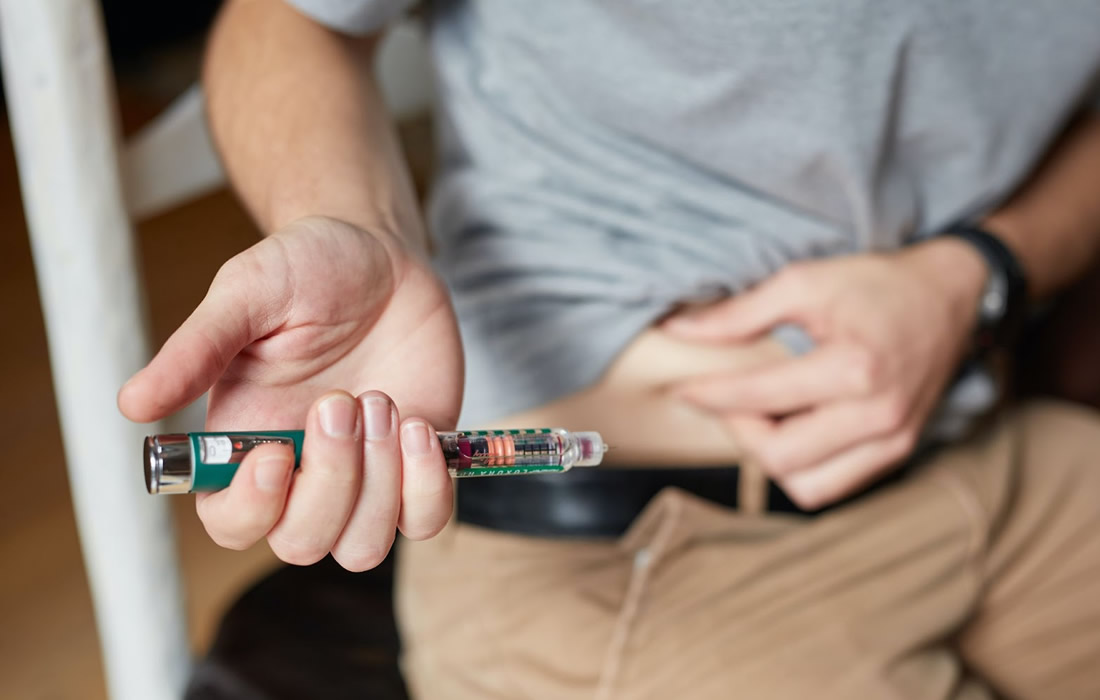106 adults with T2D were randomly assigned to either the high-protein or normal-protein diet for 52 weeks. Both diets were energy-restricted. The high-protein diet included recommendations to include lean beef in the diet, while the normal-protein diet instructed participants to refrain from eating any red meats. The team of researchers found that both a high-protein […]
Category Archives: Regenerative Medicine News and General Information
Researchers from the University of Arizona Cancer Center have identified a new method of activating specific molecules to target cancer cells while leaving healthy cells unharmed. In their recent study, published in the Journal of the American Chemical Society, Wei Wang, PhD, and his team developed a new strategy called click-release proteolysis targeting chimeras, or […]
A world-first discovery has revealed special immune cells called ‘killer T cells’ in older adults, directed against influenza viruses, closely resemble those found in newborns and children, but struggle to recognise infected cells — a finding that unlocks the potential for the development of better vaccines and therapies tailored to different age groups. Killer T […]
Millions of Americans have inflammatory bowel disease (IBD), which occurs in one of two forms: Crohn’s disease or ulcerative colitis. Though the two have similar symptoms, they require different treatment strategies, and tests to distinguish between them are invasive. Though Crohn’s disease and ulcerative colitis have similar symptoms and unknown causes, they affect disparate parts […]
Treating newly diagnosed Type 1 diabetes patients with semaglutide may drastically reduce or even eliminate their need for injected insulin. A total of 10 patients at UB’s Clinical Research Center in the Division of Endocrinology were studied from 2020 to 2022, all of whom had been diagnosed in the past three to six months with […]
One promising approach to treating Type 1 diabetes is implanting pancreatic islet cells that can produce insulin when needed, which can free patients from giving themselves frequent insulin injections. However, one major obstacle to this approach is that once the cells are implanted, they eventually run out of oxygen and stop producing insulin. To overcome […]
Children whose mothers had a higher exposure to certain phthalates during pregnancy tend to show smaller total gray matter in their brains at age 10. This is one of the main conclusions of a study led by the NYU Grossman School of Medicine and the Barcelona Institute for Global Health (ISGlobal), a centre supported by […]
Researchers from Ann & Robert H. Lurie Children’s Hospital of Chicago and colleagues reported for the first time that a genetic biomarker may be able to help predict the severity of food allergy reactions. Currently there is no reliable or readily available clinical biomarker that accurately distinguishes patients with food allergies who are at risk […]
Among available immunotherapies, the use of “CAR-T” cells is proving extremely effective against certain blood cancers, but only in half of patients. A main reason for this is the premature dysfunction of these immune cells, which have been artificially modified in vitro. A team from the Universities of Geneva (UNIGE), Lausanne (UNIL), the Geneva University […]
Surfactants, or ‘surface-active agents’ are a class of chemical compounds that are used in everyday objects such as soaps and cleaning products, as emulsifiers, foaming and wetting agents. They are also released through natural processes such as sea spray and a key emission from cooking activities. The scientists have built an extensive body of research […]










